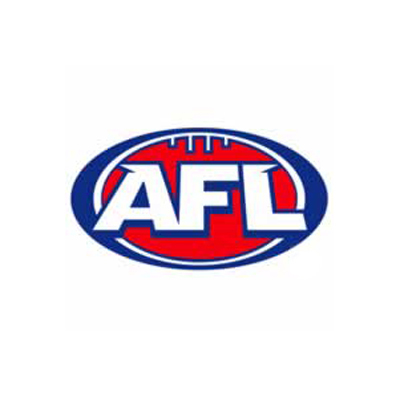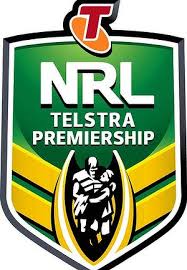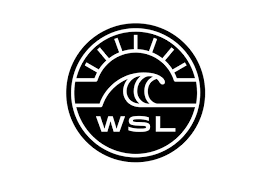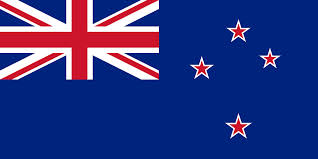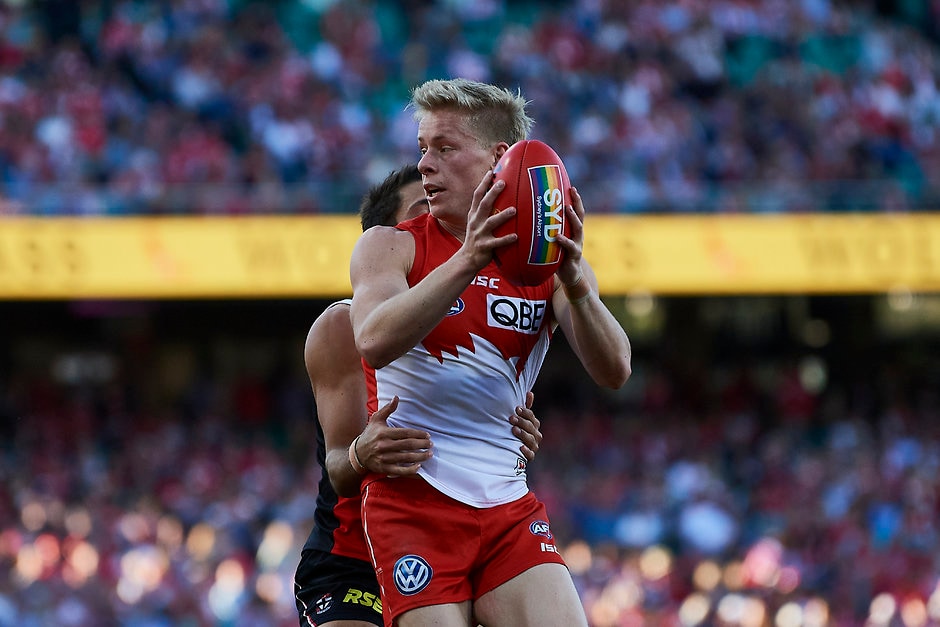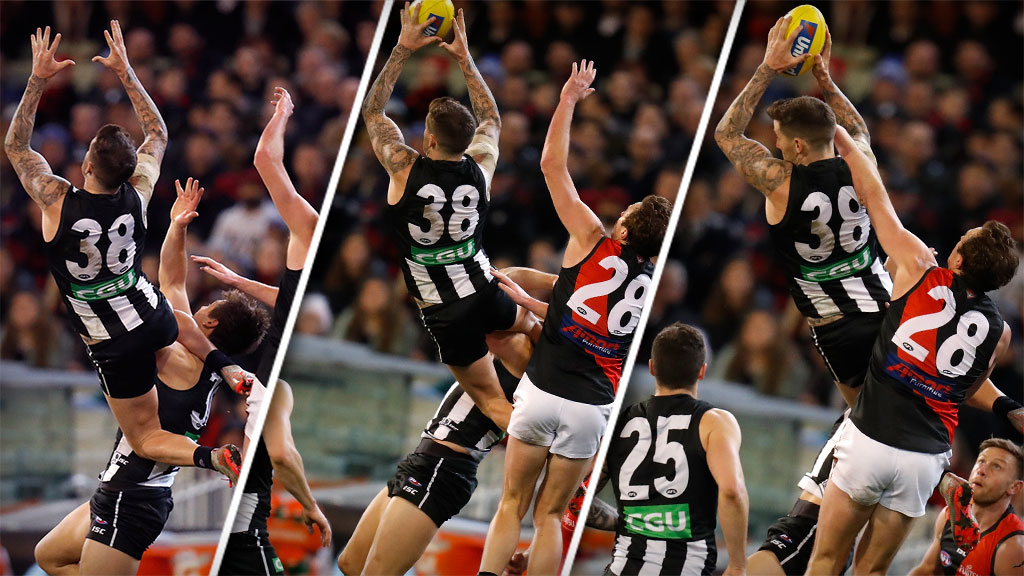Enjoy AFLW at RSEA Park in your own VIP area
St Kilda Football Club AFLW
Spend your summer in style and join us on The Lawn for an exclusive AFLW experience at RSEA Park ️
Secure your spot today!
https://www.saints.com.au/news/551706/watch-the-aflw-saints-in-style
Regional Sports News
Advertisers Specials
Australia Australian Rules
AFL‘s options are limited in Essendon's case.
 AFL‘s options are limited in Essendon's case.
AFL‘s options are limited in Essendon's case.
By Mark Humphrey
With the report into the Essendon Football club supplement use now tabled by ASADA it’s time for the AFL to show the initiative of a sporting organisation in control of a 600 million dollar industry.
The AFL has for some time spruiked about the strength of their drug policy and that they are leading the world with their stand on recreational drug use and out of competition testing.
They now have to demonstrate to the world that their stance on this subject is as stringent as the policies they implemented.
Regardless of the circumstances of the Essendon playing group the fact remains that if they have been found guilty of taking a banned substance then they need to be sanctioned accordingly.
The Essendon playing group no doubt has a legitimate excuse why they entered into the systematic injecting program as provided by the club but in the eyes of the AFL this should have absolutely no impact on the penalties that will be handed out by the league. The AFL is not responsible for administering the Essendon Football Club’s training or supplement program and nor should they be. The absolute last thing the AFL needs to do here is set a precedent for future breaches that allows players to use the excuse that the club said it was ok.
David Zaharakis chose not to participate in the program either through an educated guess, the recipient of some sound advice or just good luck. Each and every Essendon Football Club player had exactly the same option as Zaharakis and could have walked away from the injecting program without retribution.
I would suggest that the Essendon players fight is not with the AFL but in fact with the Essendon Football Club and that no doubt the possibility of class legal action by the players against the club is not without merit.
The AFL in 1997 suspended Justin Charles for a period of 16 matches for using a banned substance which in that case was performance enhancing. Since then the AFL has tightened the stance on banned substances both in and out of season and as noted promoted the fact to the world.
It wasn’t that long ago that the AFL banned Ben Cousins for 1 year for bringing the game into disrepute. Although Cousins never tested positive to any drug test conducted by ASADA the AFL deemed that his actions/behaviour were not acceptable by AFL standards and consequently banned him from competition.
The recent systematic injecting program conducted by the Essendon Football Club far outweighs the Cousins situation and should be treated accordingly by the AFL.
This should be black and white to the AFL.
The Essendon situation should be a black and white case and not muddied by accusations, small talk or the threat of legal retribution.

The facts.
- If the Essendon players have been found guilty of taking a banned substance then they need to be suspended for an appropriate term. If however it is proven that the substance they were injecting is in fact not on the banned list then no further action should be taken. The AFL needs to be clear and direct in their adjudication of the situation and the handing down of penalties.
- If the Essendon players have been found guilty of taking a banned substance which was initiated and promoted by the Essendon Football Club then the Essendon Football Club also needs to be sanctioned heavily by the AFL. Given the recent sanctions handed out to the Adelaide and Melbourne Football Clubs for their indiscretions you would suggest the penalty to the Essendon Football Club would be heavy.
- If Jobe Watson is found guilty of administering a banned substance on a defined program throughout the season then he should be stripped of his Brownlow Medal. It would be impossible to determine the outcome of Watson’s season without the benefit of the banned substance so you just have to revert back to the facts that if Watson is found guilty then he should not benefit from the illegal practice.
It is definitely a harsh stance to take by the AFL but unfortunately for the Essendon Football Club they should have done their due diligence and provided a safe work environment for their players in the first instance. It is a tragic situation that may have evolved purely from a lazy work ethic of nominated Essendon staff. For such a dramatic course of supplement taking the club should have gone to the nth degree to get all the boxes ticked and not relied on a verbal commitment or hearsay.
It’s the Essendon playing group that you feel remorse for. Regular sports people going about their duties having complete trust in their club hierarchy and the training programs and staff they provided.
We have seen the AFL’s zero tolerance with regards to Racial Vilification and Discrimination and you would expect the same stance on the use of illegal drugs or substances.
We asked the AFL to comment on the 3 points of fact listed above based on the assumption that Asada finds that Essendon players are guilty of using a banned substance.
Patrick Keane, AFL Media Manager had this to say,
AUSTRALIAN FOOTBALL LEAGUE
The AFL late today confirmed it has received from ASADA their interim report into the supplements program at the Essendon Football Club in late 2011 and the 2012 season.
Andrew Dillon, the AFL’s General Counsel and General Manager for Legal, Integrity and Compliance, received the ASADA Report on behalf of the AFL and will coordinate the AFL’s response.
Mr Dillon made the following comments:
“Given my responsibilities for issues relating to the AFL Anti-Doping Code, competition integrity and the AFL Rules, I will oversee the AFL’s response to the interim report and in due course will make the report available to the Essendon Football Club and the AFL Commission for their review.
“On behalf of the AFL, I would like to commend ASADA for the thoroughness of their investigation over the past six months. Their report consists of more than 400 pages referencing over 13,000 supporting documents, including transcripts of interviews conducted to date with more than 130 witnesses. I also want to commend the AFL’s integrity unit, led by Brett Clothier, who have supported ASADA in its work.
“The AFL will continue to review the evidence collected to determine what action (if any) might be taken pursuant to the AFL Rules and/or the AFL Anti-Doping Code.
“I note that, with ASADA recently receiving additional investigative powers, the investigation will be ongoing.
“The AFL acknowledges the intense interest in this matter and we will make further statements when appropriate.”
Patrick Keane
AFL Media Manager

 - All Sports
- All Sports







